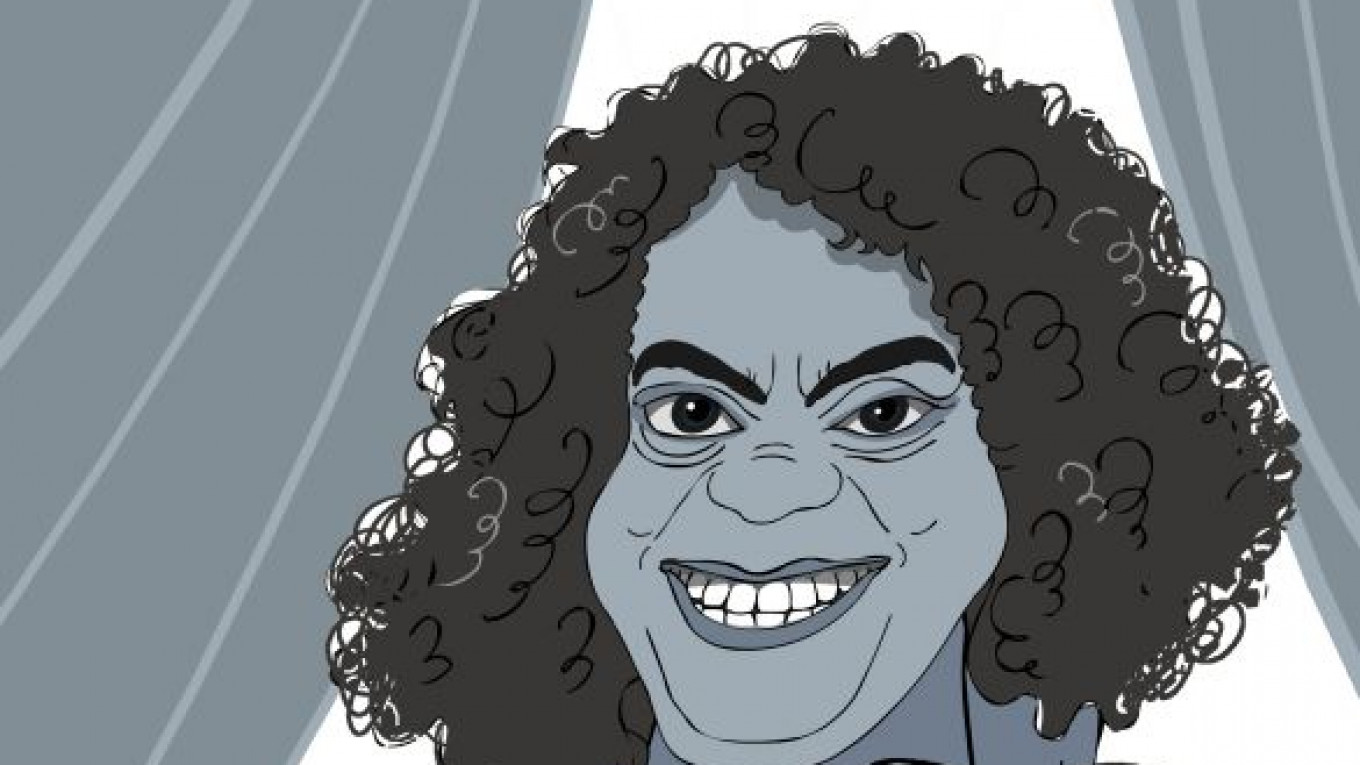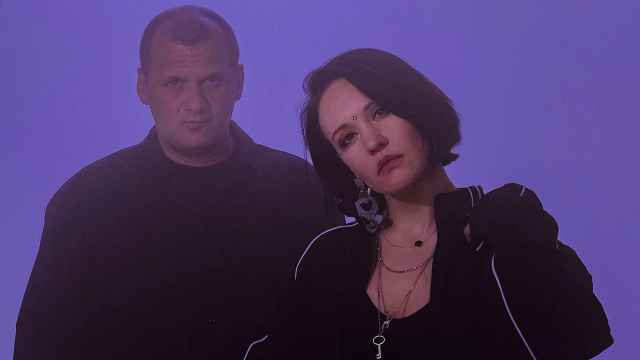This month, Channel One has a new show called “Phantom of the Opera,” in which pop singers have to sing operatic arias live. Russian stars have already skated, waltzed and done trapeze acts, but this is maybe the most terrifying reality format — because, after all, pop stars are supposed to be able to sing.
The show echoes a format that aired in Britain, called “Popstar to Operastar.”
There is definitely less of a cultural gulf between pop and opera in Russia, with opera tickets quite affordable here and singers often performing in their native language. On the other hand, Russian pop practically prides itself on its reliance on miming and unchallenging vocal ranges, a world away from the discipline and slog of opera. What was intriguing about the show was the way it made old troopers suddenly look like insecure human beings on the stage.
I expected that the show would have to rely on obscure girl group members, but on Saturday the show had a truly top star lineup, including singers such as raven-haired “king of pop” Filipp Kirkorov, doe-eyed Eurovision winner Dima Bilan and veteran Soviet crooner Lev Leshchenko, known for his hit “Den Pobedy” (Victory Day).
The judges certainly are intimidating — soprano Lyubov Kazarnovskaya and tenor Zurab Sotkilava as well as arts-loving bureaucrat Mikhail Shvydkoi.
When I’ve seen it, Kirkorov’s flamboyant stage act has been stronger on ostrich feathers and eyeliner than live vocals. But surprisingly, he seemed to be in his element on the show — after all, opera loves over-the-top stage makeup and outrageous costumes even more than he does. He sang an aria of an Indian envoy from Rimsky-Korsakov’s “Sadko” with convincing swagger. His ex-Bolshoi opera-turned-pop rival, Nikolai Baskov — has nothing to worry about, though.
He beamed when given top marks, artlessly saying he would have hit the high notes better if the costume team had not laced him into a corset.
Meanwhile old pro Leshchenko sailed through the test of singing Rubinstein’s complex “Demon” ballad, saying it was one of the first songs he learned at music school.
But I’ve never seen the usually bland Bilan look so uncomfortable, his eyes bursting with indignation and whole face twitching with suppressed emotion.
Bilan sang the aria of Prince Yeletsky from Tchaikovsky’s “The Queen of Spades,” only to get some discouraging comments from the judges.
“You really need to work on your breathing, Dima,” said Kazarnovskaya, who is the voice of sanity on the lineup, while Shvydkoi said he did not look princely enough.
To rub salt into the wounds, Dima’s heartthrob rival Sergei Lazarev, who also battles for the primary-school audience but is actually a good live singer, got much better marks with Lensky’s aria from Tchaikovsky’s “Eugene Onegin.”
“I’m sorry he did not train his voice for the real big stage,” said Kazarnovskaya, comparing him to accessible singers like Enrico Caruso. Sotkilava called him a “revelation.” Only Shvydkoi demurred that he did not sound enough in love with the girl — a complaint that could also be fairly leveled at his overly smooth pop songs.
The comedy item was Ani Lorak, a voluptuous protege of Kirkorov who represented Ukraine at Eurovision in 2008. Performing an aria from Tchaikovsky’s “Iolanthe,” she came across as sweet with her hot-pink blusher, but about as unoperatic as you can get.
“This doesn’t feel like singing, but more like doing math,” she commented afterward.
A Message from The Moscow Times:
Dear readers,
We are facing unprecedented challenges. Russia's Prosecutor General's Office has designated The Moscow Times as an "undesirable" organization, criminalizing our work and putting our staff at risk of prosecution. This follows our earlier unjust labeling as a "foreign agent."
These actions are direct attempts to silence independent journalism in Russia. The authorities claim our work "discredits the decisions of the Russian leadership." We see things differently: we strive to provide accurate, unbiased reporting on Russia.
We, the journalists of The Moscow Times, refuse to be silenced. But to continue our work, we need your help.
Your support, no matter how small, makes a world of difference. If you can, please support us monthly starting from just $2. It's quick to set up, and every contribution makes a significant impact.
By supporting The Moscow Times, you're defending open, independent journalism in the face of repression. Thank you for standing with us.
Remind me later.






